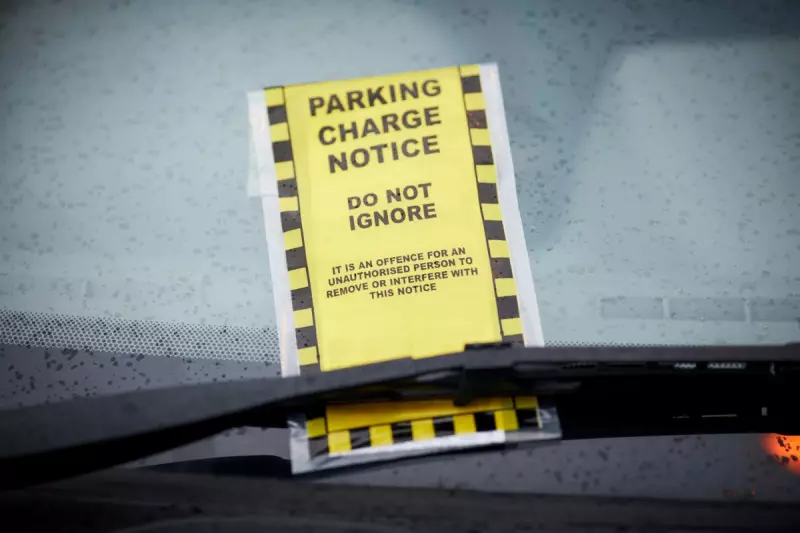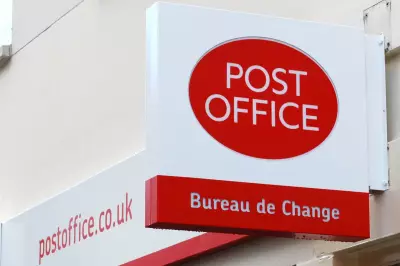
The Labour Party is facing accusations of declaring a 'war on motorists' following the emergence of controversial guidance that paves the way for widespread road pricing schemes. The policy, which critics warn could lead to a pay-per-mile tax system, has sparked a furious political row.
Uncovered documents from the Labour-affiliated Local Government Association (LGA) reveal a blueprint for councils to implement charges that would fundamentally change how Britons use their cars. The guidance actively encourages local authorities to develop policies that 'discourage car use' and consider implementing road pricing.
Conservatives Sound the Alarm
The Conservative Party has seized on the findings, launching a blistering attack on what they call Labour's anti-driver agenda. Transport Secretary Mark Harper condemned the proposals, stating they would 'clobber hard-working families' with yet another tax burden during a cost-of-living crisis.
‘Labour’s true colours are now exposed,’ a Tory spokesman declared. ‘Their plans for pay-per-mile driving would hammer families, cripple small businesses, and isolate rural communities. This is a war on the ordinary motorist.’
The Hidden Guidance
The controversial document, titled 'Transport for New Homes,' was produced by the LGA's City Regions Board. It promotes a radical shift away from private car ownership, advocating for measures that make driving less convenient and more expensive.
Key recommendations include:
- Implementing road pricing schemes to charge drivers for mileage
- Removing parking spaces from new housing developments
- Designing streets to actively discourage car use
- Prioritising cycling and walking over vehicle access
Despite the clear alignment with Labour's transport philosophy, the party has attempted to distance itself from the guidance. A Labour source claimed the document did not reflect official party policy, though the LGA operates under a Labour-led leadership.
Industry and Public Backlash
Motoring groups have reacted with outrage. The AA warned that such policies would disproportionately affect those in rural areas and the less well-off, for whom a car is a necessity, not a luxury.
‘This is a tone-deaf proposal that ignores the reality of life for millions,’ said an AA spokesperson. ‘Public transport simply isn’t a viable alternative for many people outside city centres. This would be a tax on their freedom to work and live.’
The revelation threatens to derail Labour's attempts to present a moderate image to voters and could become a key battleground in the run-up to the next general election.





